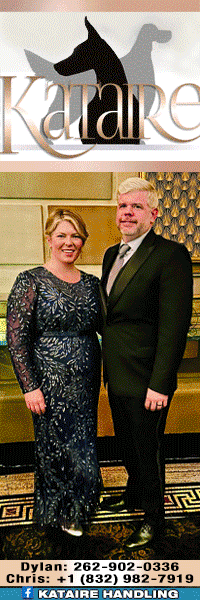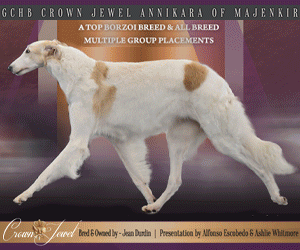A Lesson Learned from Horse Racing
Along with most racing fans, I began to wonder if I’d see another Triple Crown winner in my lifetime. California Chrome’s dismal Belmont performance last year ranks among the most memorable close calls, due mainly to his owner’s pubic tantrum following his fourth place finish. Losing never feels good, but his rant also renewed debate about lowering the bar for the Triple Crown.
Although it had been done 11 times, by 2014, it truly began to seem like this game plan was obsolete. Every June, a growing chorus of experts explained that the world had changed- essentially, horses had changed, and this was no longer a realistic goal. Moreover the unreasonable expectations of this challenge were hurting the sport.
On the other hand, twice in recent history the Triple Crown began to seem routine. Beginning with Gallant Fox in 1930, eight horses managed this hat trick by 1948. Racing analysts of the era started calling it a predictable outcome – until the first dry spell. That lasted until Secretariat shocked the sports world in 1973. After that, it was wham bam Seattle Slew in 1977, Affirmed a year later, and renewed calls to raise the bar because the Triple Crown was becoming meaningless.
So here we are 37 years later. Naturally, fans worldwide were hoping, but racing arbiters were clearly jaded, pessimistic, and consigned to the fact that horses just weren’t so good these days. Luckily, American Pharoah wasn’t paying attention.
Hopefully, we won’t wait another 37 years for the next one. But from a dog breeder’s perspective, it’s hard to avoid comparing this situation to AKC’s recent efforts to lower the bar in our sport by adding incentives to lure entries with the prospect of less meaningful awards.
The Triple Crown has earned this distinction because it is the sports world’s most grueling test. Unlike other athletic competitions, no default winner is guaranteed. Get it right or go home. And considering the whole deal, it’s amazing that it’s been done at all because each race demands something different from that horse.
The ironclad guts and determination needed to win the Derby won’t get the job done at Pimlico’s Preakness without the speed of a lightning sprinter. And none of that matters without the heart and stamina for that mile-and-a-half to Belmont’s finish line. And the horse must bring all this to the table within five weeks.
Anyone who has bred dual champions can relate to this challenge. But just imagine trying to win three major shows within five weeks. Breeding, training, and conditioning are obviously the anchor points of this deal. Of course, every exhibitor knows that a barrel full of extraneous, unpredictable factors can derail all of that. Yes, it is teamwork, but it takes an amazing animal to pull it off.
No one shows up to lose. But we are there with a goal in mind every weekend.
AKC’s desire to reenergize the sport is understandable. But does it really help to send everyone home with a consolation prize? Personally, I would rather lose in honest competition knowing that I am striving for an undisputable standard of excellence.
Short URL: http://caninechronicle.com/?p=80264
Comments are closed












